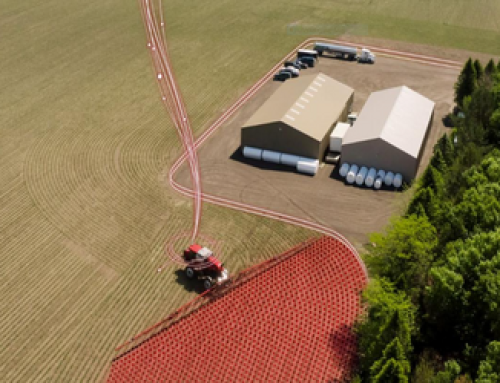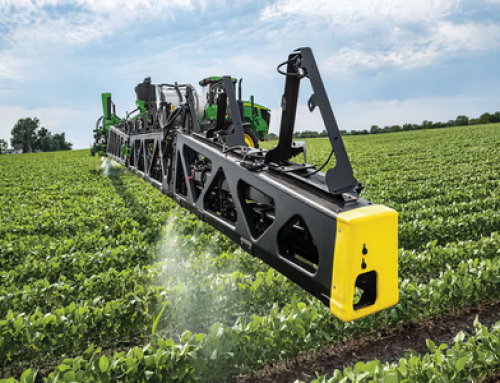by Sabine Martin, Des Moines Register
 |
|---|
| Matthias Berninger |
Des Moines, IA — Bayer officials are pushing to revive a bill that would limit failure-to-warn lawsuits against the company before Iowa’s legislative session ends — a move they say is critical for future access to the popular herbicide glyphosate and the stability of jobs at its Muscatine plant.
Officials with the agricultural chemical manufacturer said they met with Gov. Kim Reynolds and House and Senate leadership April 30 to lobby for a path forward for the legislation, which stalled in the House after the second legislative funnel.
They say the legislation is key to maintaining the sale of glyphosate in the United States and the continued operation of its Muscatine plant, which produces 70% of glyphosate in North America and employs more than 400 Iowa workers.
“This is like a win-win, where we both win or where we both lose, which is why I’m hopeful that we can convince the decision-makers in the state to stand by us and ultimately to stand by their rural communities,” Matthias Berninger, Bayer senior vice president for public affairs and science and sustainability, told the Des Moines Register in an April 30 interview.
The high-profile bill, Senate File 394, would protect pesticide and herbicide manufacturers from claims their products’ labels didn’t disclose potential health risks, like cancer, as long as their labeling follows U.S. Environmental Protection Agency rules.
Opponents of the legislation, who’ve rallied at the Capitol against it, say the bill prioritizes corporate profits over the lives and health of Iowans. Iowa has the second-highest rate of new cancers in the country.
Investors have been clear that they want a solution soon, Berninger said, which is why Bayer claims it won’t be able to sell glyphosate in the U.S. without the guardrails, like the Iowa bill, because of the risk of losing billions of dollars more from litigation. The company faces 67,000 pending cases.
The company has faced thousands of lawsuits linking cases of non-Hodgkin lymphoma cancer to Roundup, paying more than $10 billion in 2020 to settle suits of more than 95,000 cases related to claims that the product’s labels did not warn of potential cancer.
In its most recent regulatory review, the EPA said, “There are no risks of concern to human health when glyphosate is used in accordance with its current label,” and it is unlikely to be a human carcinogen.
Without the additional legal protection, the comparative profit from selling products with glyphosate isn’t worth the financial risk from lawsuits, they say.
“You have to basically look at the sales, the capital acquired to invest in the future and the profits. And then you compare that to what you would get for the same capital investment, if you, for example, invested in a new drug ….” Berninger said. “When you do the math, then glyphosate is probably single-digit relevant in terms of sales and profits, but it’s 95% of all of our problems.”
To read the entire article click here.




